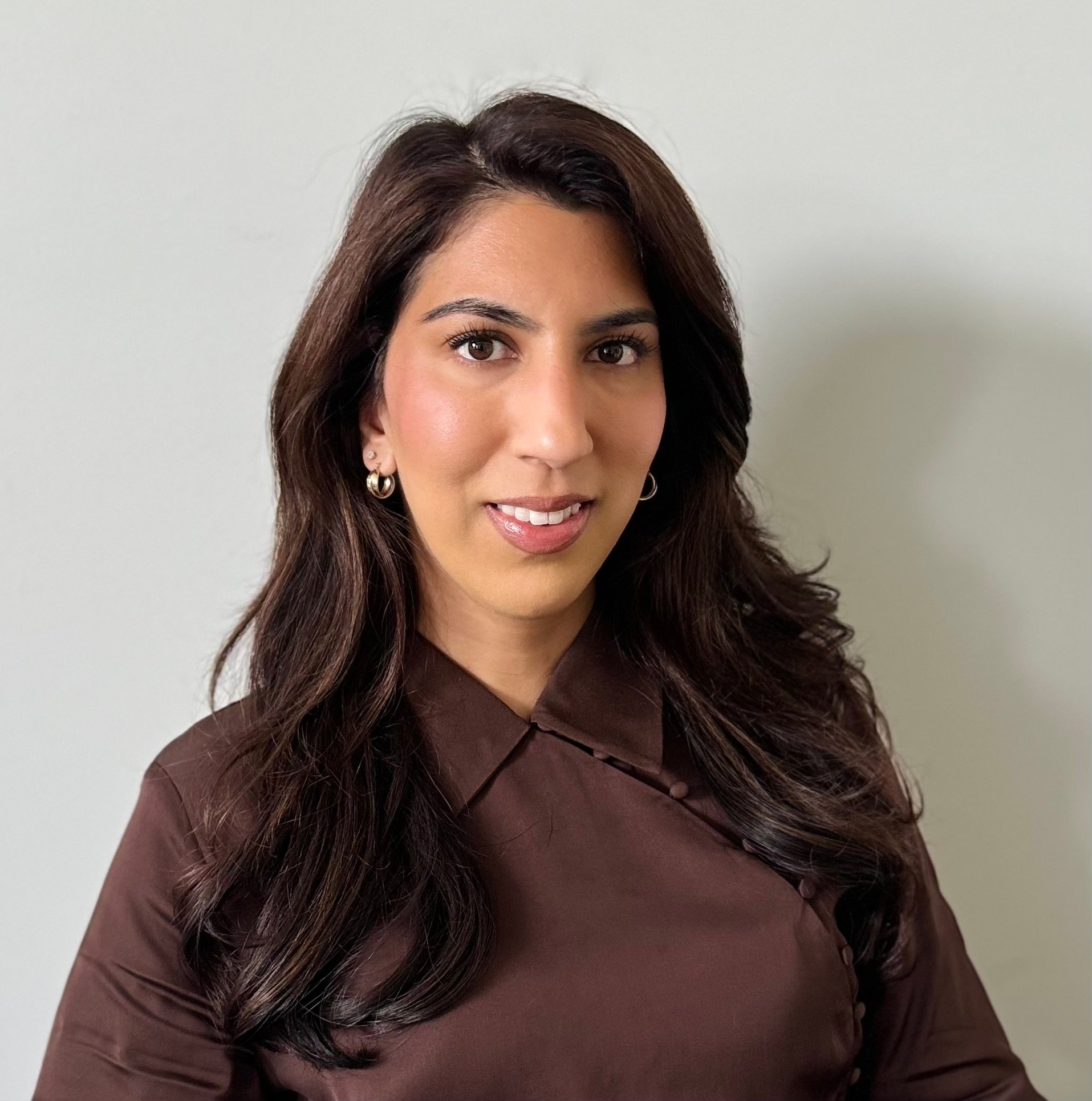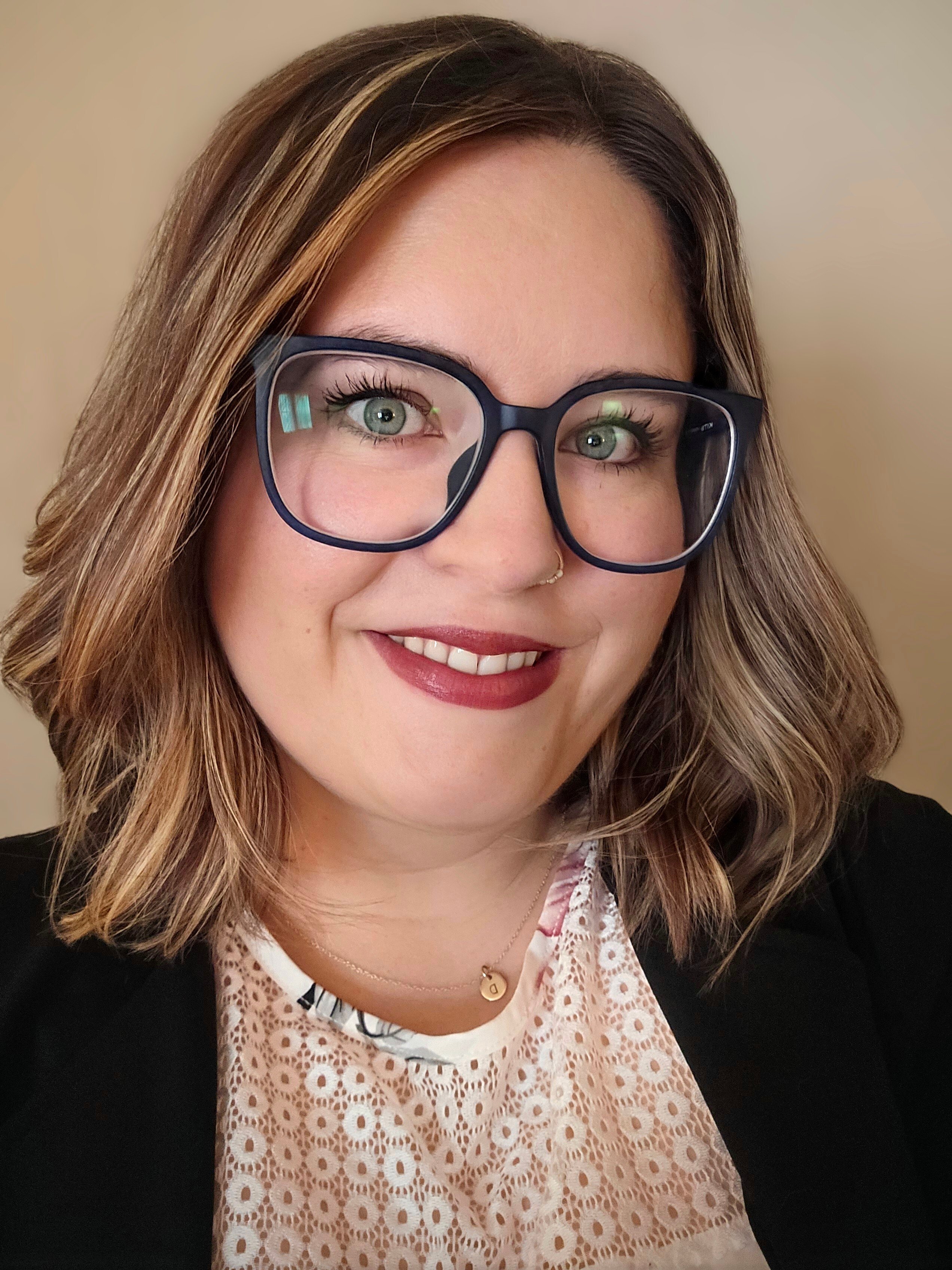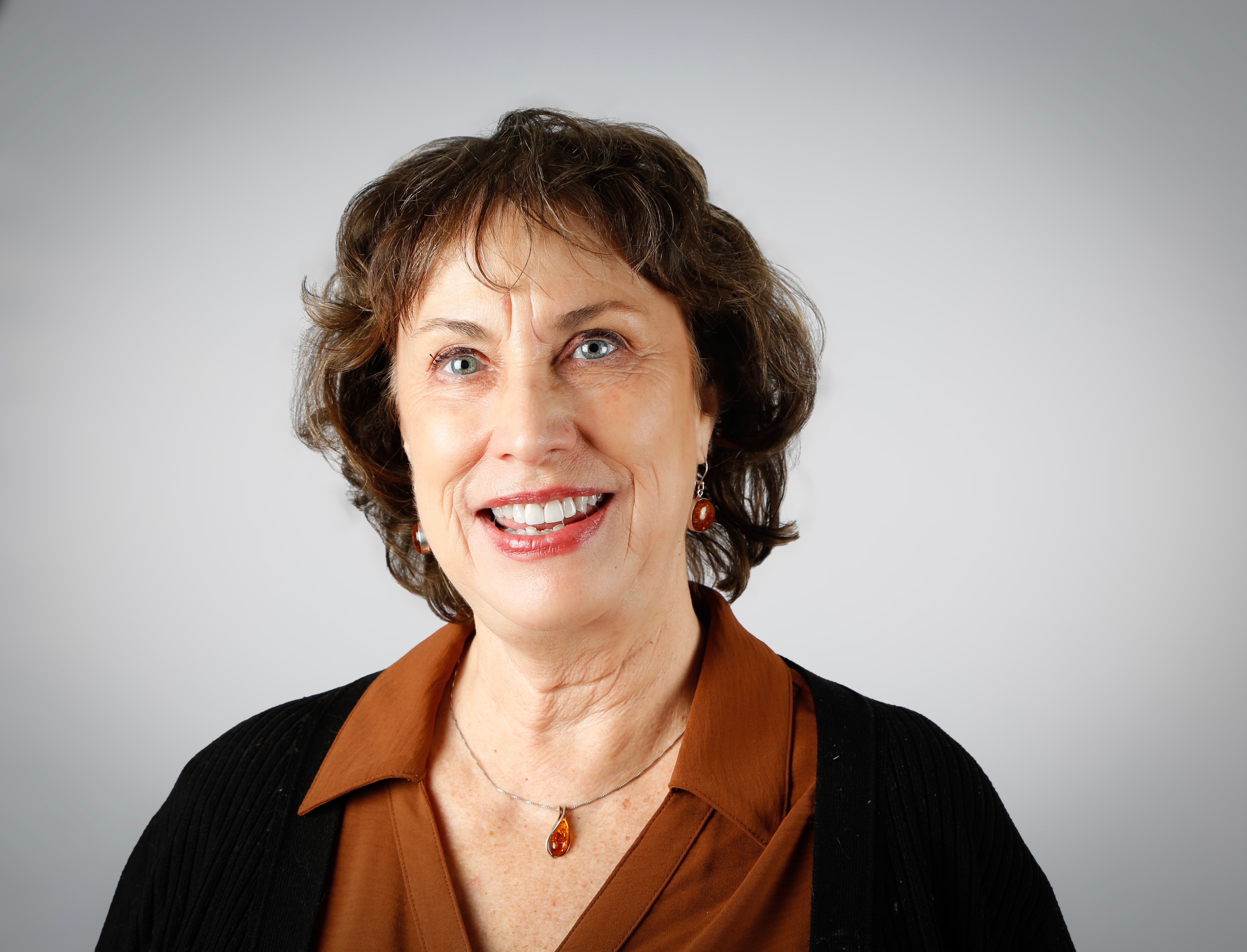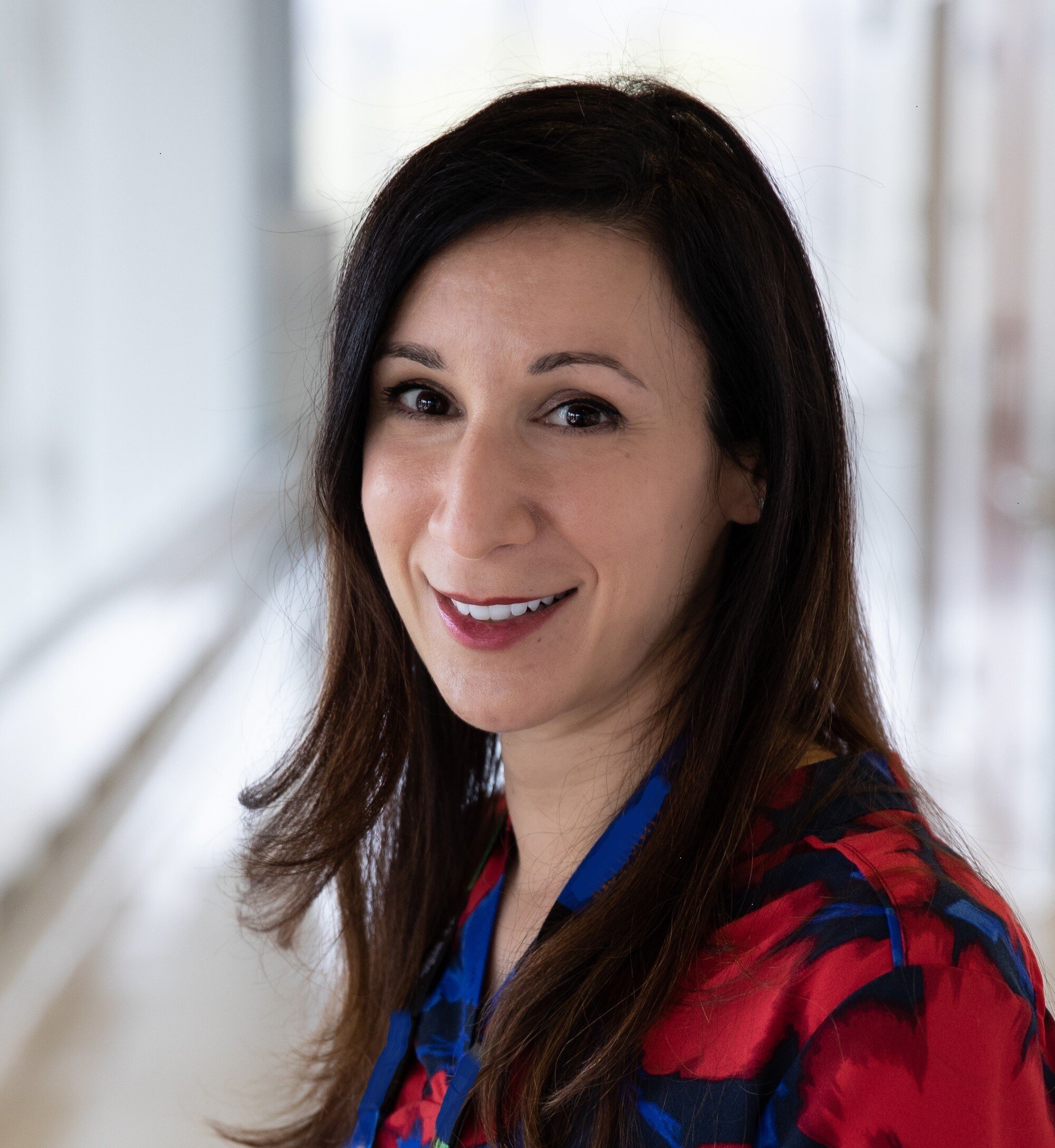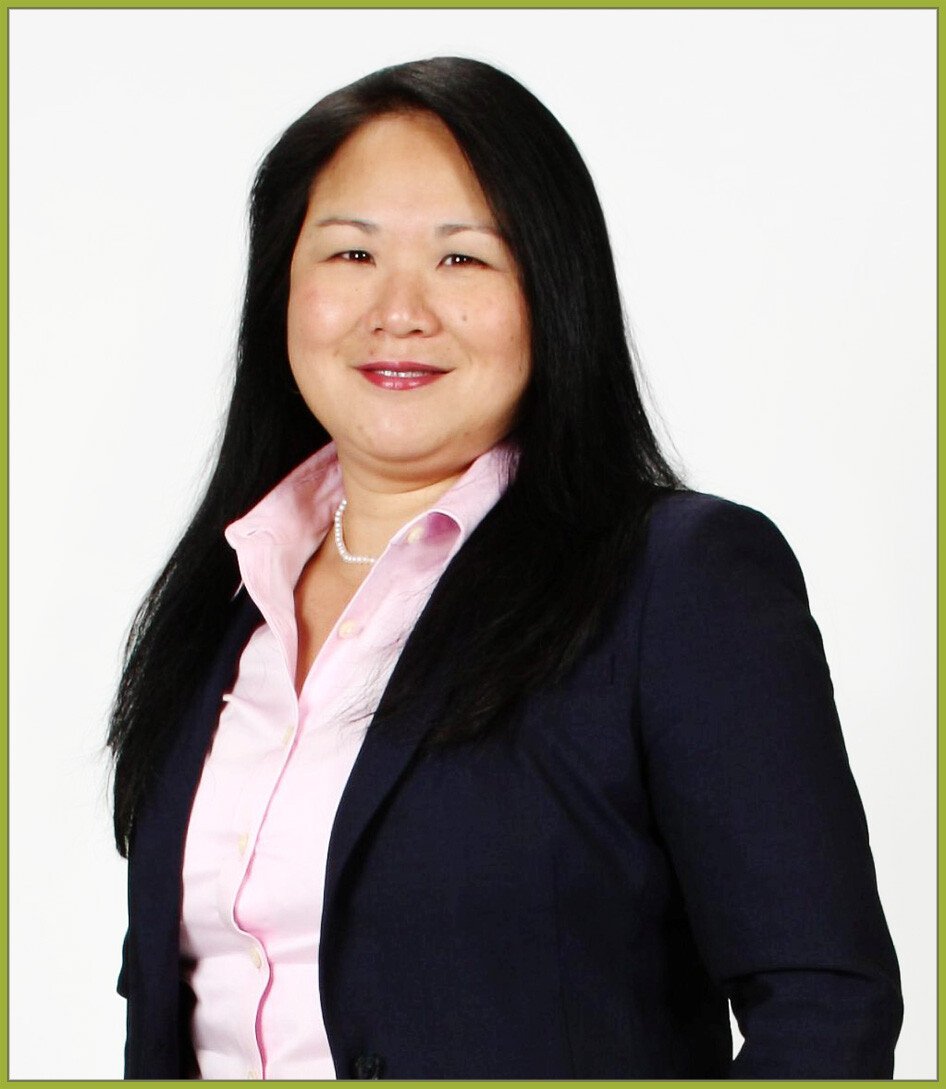For many people entering the field of alternative dispute resolution, it can be tough to know where to start. How do you build credibility in a profession that isn’t formally regulated?
That’s where the ADR Institute of Alberta (ADRIA) can help. As the province’s leading association for mediators and arbitrators, ADRIA provides professional training, standards of practice, widely recognized designations, and a supportive network that helps practitioners grow their careers.
To better understand how ADRIA supports aspiring ADR professionals, we spoke with Deputy Director Arifa Virani.





